66 inspections; 14 administrative penalties; over 175 million VND in fines. 1 criminal prosecution; nearly 800 tons of fertilizers seized, of which more than 63 tons were counterfeit goods... These figures were recorded in one month (from May 15 to June 15, 2025), not just the result of a peak period. It is a mark showing that Hoa Binh has entered the fight against smuggling, trade fraud, and counterfeit goods in a comprehensive manner.
Authorities inspected a warehouse containing hundreds of tons of suspected fake fertilizer at Minh Bao An Company Branch (Lac Thuy District).
The "attack" is relentless
During the peak month, more than 10 departments, branches and units joined in. With the spirit of "going to every alley, knocking on every store", the inspection teams focused on the most sensitive product groups: medicine, milk, cosmetics, health food, fertilizers, agricultural supplies, goods on e-commerce platforms and social networking platforms.
After one month, the whole province inspected 66 establishments; handled 16 establishments for violations, total fines of 175.5 million VND, value of confiscated goods over 70 million VND. Three establishments were required to destroy expired goods, goods of unknown origin, from milk, weaning powder to children's candy. Notably, the violation case at Minh Bao An Company Branch (Lac Thuy district) was prosecuted, confiscated more than 63 tons of fake fertilizer and 450 tons of raw materials of unknown origin, showing the spirit of handling to the end, not avoiding, demonstrating the determination to clean up the market from the root.
Comrade Duong Quoc Thang, Deputy Director of the Department of Industry and Trade, said: The discovery and prosecution of the Minh Bao An case was the result of close investigation of the field, not following the beaten path. But more importantly, after each inspection, the delegations combined propaganda, so that business households understood that: they were not being made difficult, but were protected from the channels of poor quality goods that were sneaking around the market.
During the peak month, the forces coordinated inspections at 51 production and business establishments, taking dozens of samples of agricultural materials, cosmetics, and food supplements for testing.
Bottlenecks to be identified
However, behind the positive numbers, the peak period also shows many long-standing shortcomings in local market management.
One of the biggest bottlenecks is that testing capacity is not commensurate with actual requirements. Industries have proactively taken samples for testing on many product groups such as medicines, cosmetics, health food, fertilizers, etc., but the existing technical infrastructure is still too thin. Many devices have been used for many years and cannot meet the requirements for in-depth testing, while some key machines are broken and there is no replacement plan. The lack of equipment to analyze toxins, heavy metals, residual chemicals, etc. makes the testing process longer, slows down the progress of handling violations and invisibly reduces the deterrent effect.
Not only are they weak in technical aspects, enforcement forces are also confused in the handling process due to the lack of a unified legal corridor. Many product lines such as cosmetics, dietary supplements, goods sold via digital platforms... do not have specific instructions on the inspection, sampling, and appraisal processes. While authorities are still struggling to find grounds, violators are flexibly circumventing the law, legalizing goods with increasingly sophisticated tricks.
In addition, the preservation of infringing goods is also a weak point that has not been overcome. The lack of a dedicated storage facility for perishable products such as milk, functional foods, cosmetics, etc. has forced many cases to be destroyed immediately or unable to preserve samples as evidence for further processing.
The lack of uniformity in forms, databases, and processing authority among forces can easily lead to overlap or omission of violations. If a regular, stable, and flexible coordination mechanism cannot be established, the effectiveness of anti-counterfeiting will be difficult to maintain in a sustainable manner.
According to the Deputy Director of the Department of Industry and Trade, these bottlenecks are not new, but the peak month has made them clearly visible. And if the peak period is considered a temporary campaign, without accompanying reforms in management, investment in testing capacity and legal framework, the initial achievements will soon be eroded.
Keeping the market from becoming a "landing place" for counterfeit goods is not only the task of the authorities. It is also the responsibility of each locality, each genuine business and consumers. More importantly, this war has no seasons. It requires perseverance, investment and clear determination - so that market discipline is not exchanged for leniency.
Hai Yen
Source: https://baohoabinh.com.vn/12/202322/Khong-de-thi-truong-tro-thanh-bai-dap-hang-gia,-hang-lau.htm


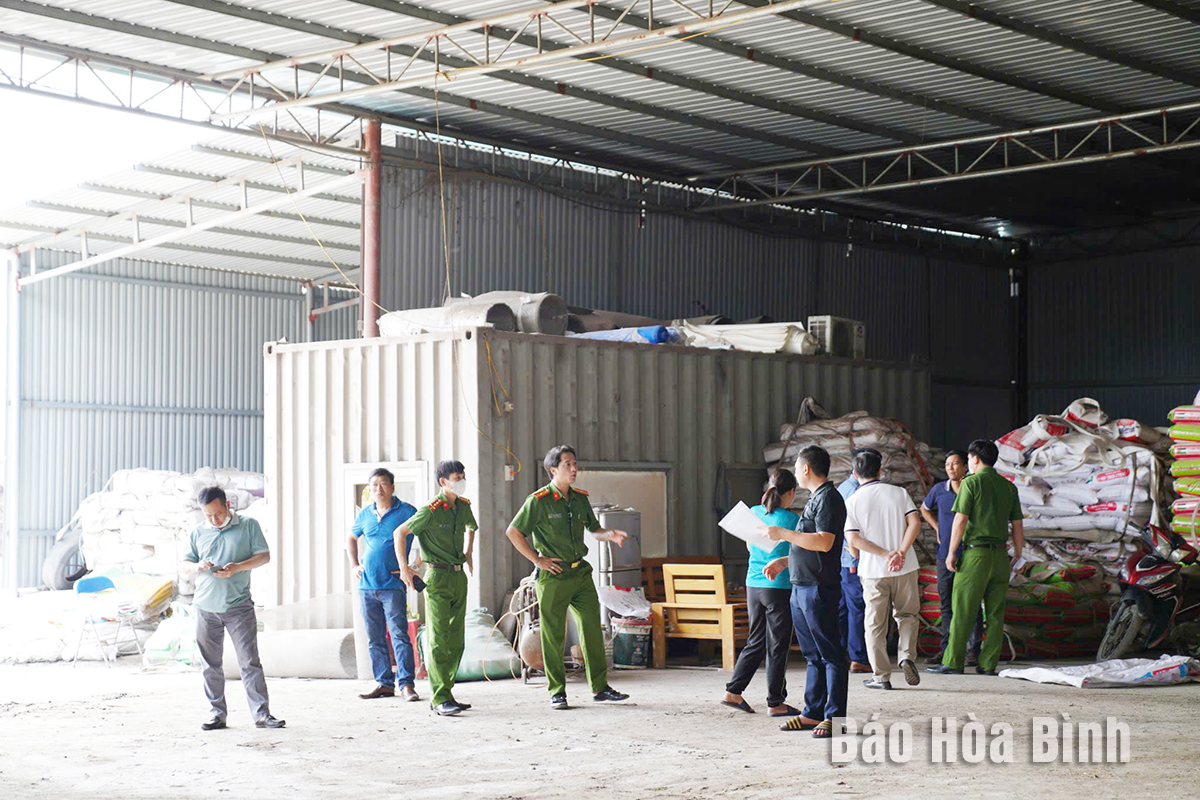
![[Photo] More than 124,000 candidates in Hanoi complete procedures for the 2025 High School Graduation Exam](https://vphoto.vietnam.vn/thumb/1200x675/vietnam/resource/IMAGE/2025/6/25/fa62985b10464d6a943b58699098ae3f)

![[Photo] General Secretary To Lam works with the Standing Committee of Quang Binh and Quang Tri Provincial Party Committees](https://vphoto.vietnam.vn/thumb/1200x675/vietnam/resource/IMAGE/2025/6/25/6acdc70e139d44beaef4133fefbe2c7f)

![[Photo] First training session in preparation for the parade to celebrate the 80th anniversary of National Day, September 2nd](https://vphoto.vietnam.vn/thumb/1200x675/vietnam/resource/IMAGE/2025/6/25/ebf0364280904c019e24ade59fb08b18)

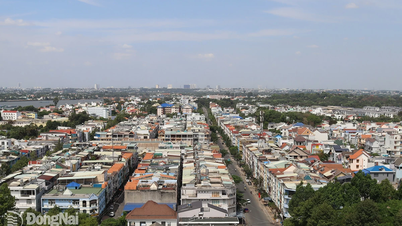






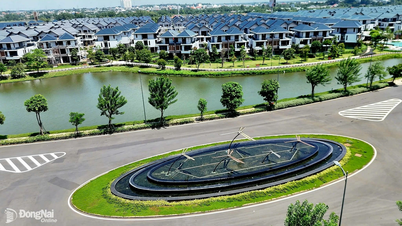
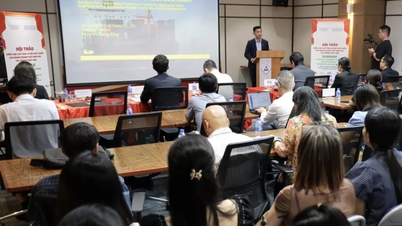





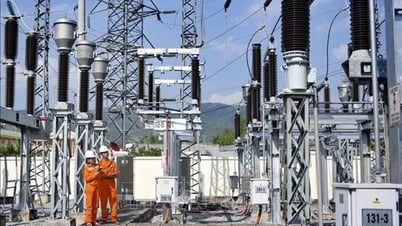
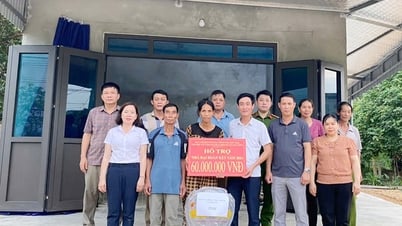

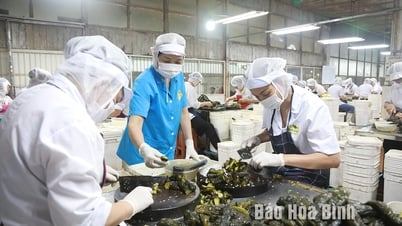




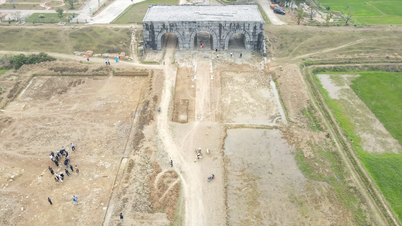





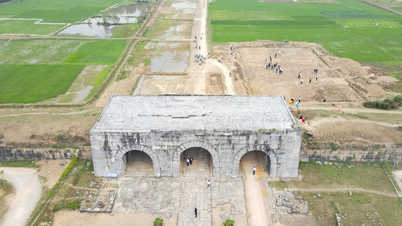




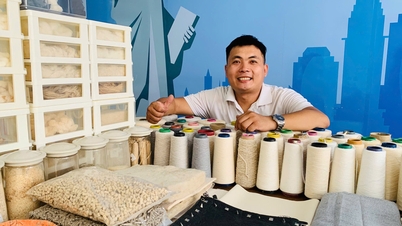

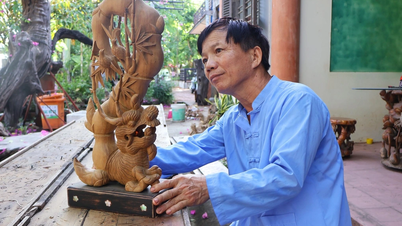

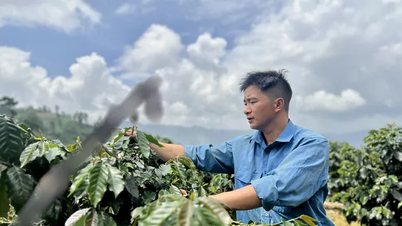

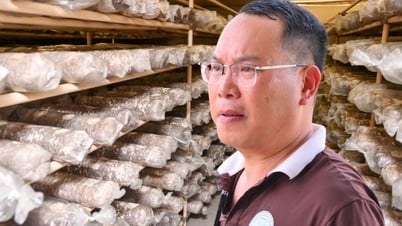



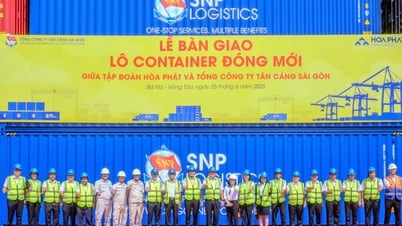





















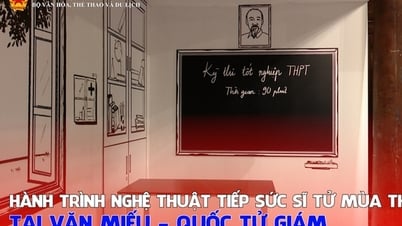
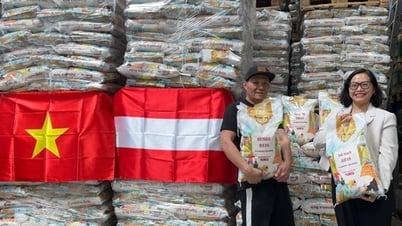

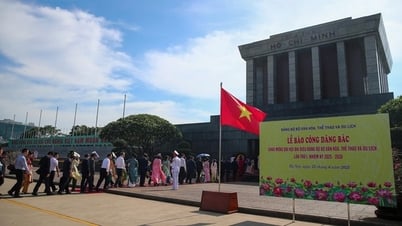
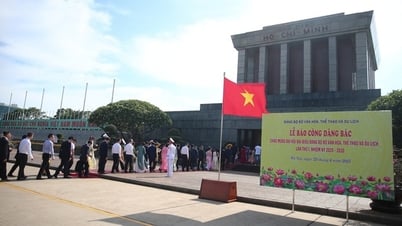




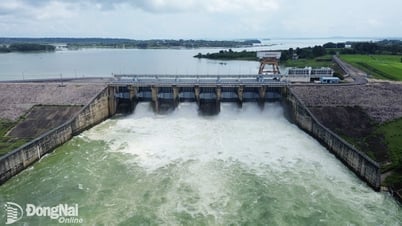

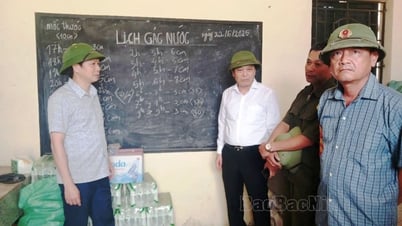





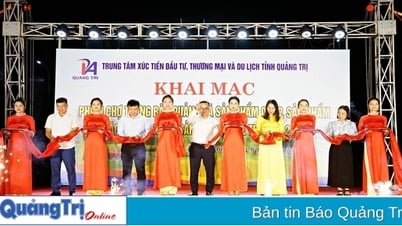








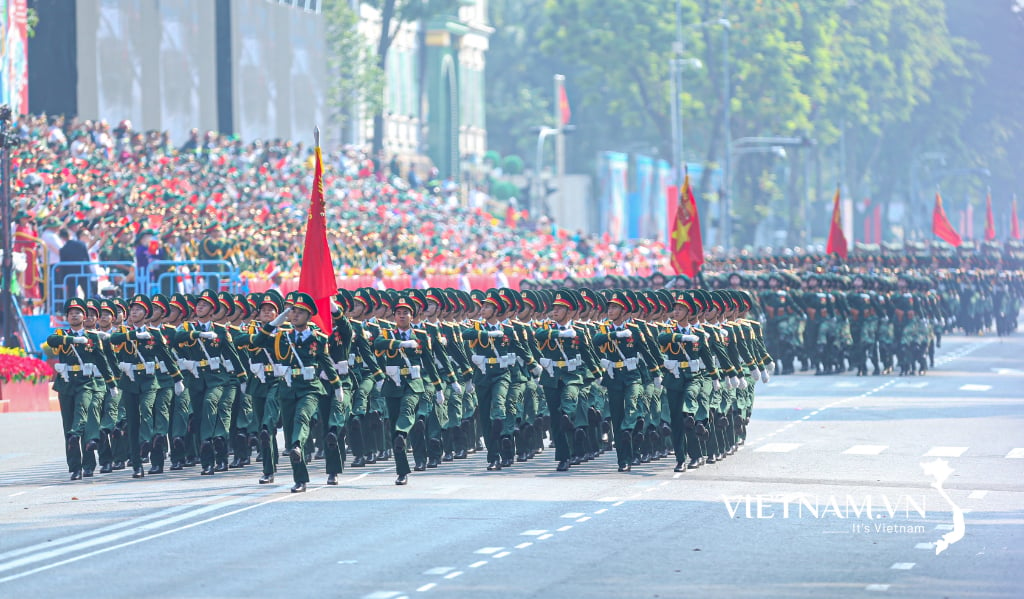
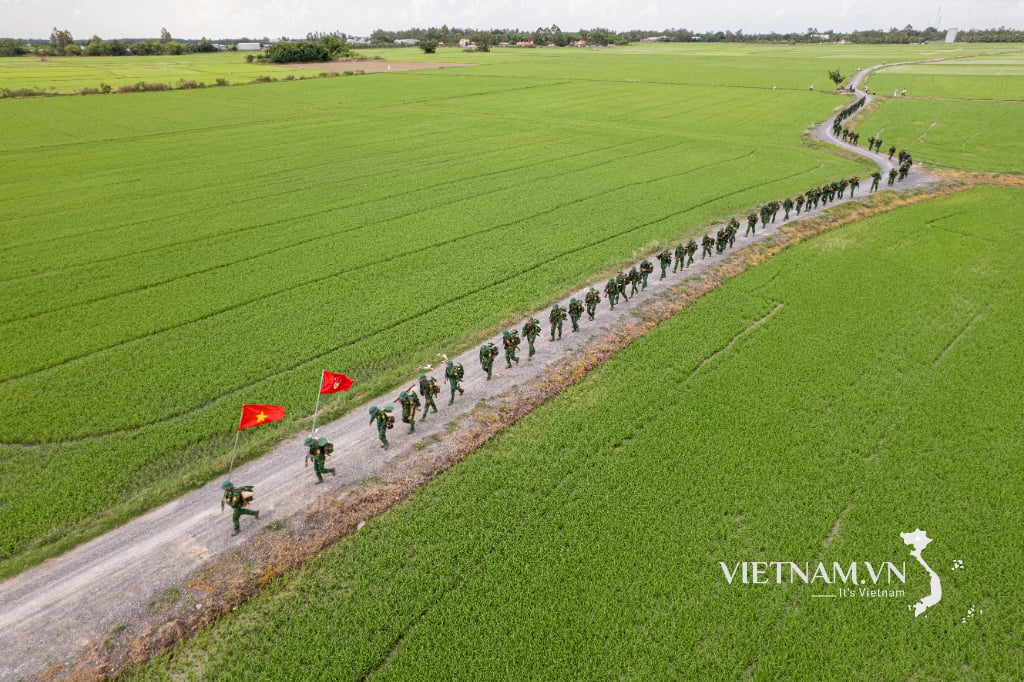

Comment (0)